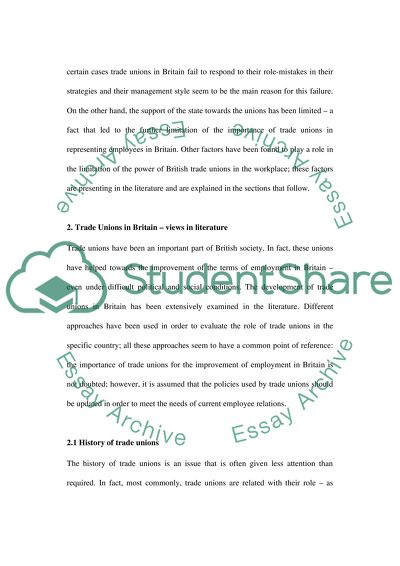Cite this document
(“Is there a role for Trade Unions in the new employee relations Essay”, n.d.)
Is there a role for Trade Unions in the new employee relations Essay. Retrieved from https://studentshare.org/miscellaneous/1506698-is-there-a-role-for-trade-unions-in-the-new-employee-relations
Is there a role for Trade Unions in the new employee relations Essay. Retrieved from https://studentshare.org/miscellaneous/1506698-is-there-a-role-for-trade-unions-in-the-new-employee-relations
(Is There a Role for Trade Unions in the New Employee Relations Essay)
Is There a Role for Trade Unions in the New Employee Relations Essay. https://studentshare.org/miscellaneous/1506698-is-there-a-role-for-trade-unions-in-the-new-employee-relations.
Is There a Role for Trade Unions in the New Employee Relations Essay. https://studentshare.org/miscellaneous/1506698-is-there-a-role-for-trade-unions-in-the-new-employee-relations.
“Is There a Role for Trade Unions in the New Employee Relations Essay”, n.d. https://studentshare.org/miscellaneous/1506698-is-there-a-role-for-trade-unions-in-the-new-employee-relations.


